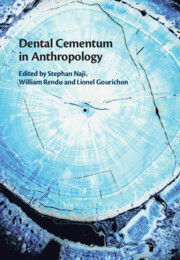Current techniques for measuring the dry matter intake (DMI) of grazing lactating beef cows are invasive, time consuming and expensive making them impractical for use on commercial farms. This study was undertaken to explore the potential to develop and validate a model to predict DMI of grazing lactating beef cows, which could be applied in a commercial farm setting, using non-invasive animal measurements. The calibration dataset used to develop the model was comprised of 94 measurements recorded on 106 beef or beef–dairy crossbred cows (maternal origin). The potential of body measurements, linear type scoring, grazing behaviour and thermal imaging to predict DMI in combination with known biologically plausible adjustment variables and energy sinks was investigated. Multivariable regression models were constructed for each independent variable using SAS PROC REG and contained milk yield, BW, parity, calving day and maternal origin (dairy or beef). Of the 94 variables tested, 32 showed an association with DMI (P < 0.25) upon multivariable analysis. These variables were incorporated into a backwards linear regression model using SAS PROC REG. Variables were retained in this model if P < 0.05. Five variables; width at pins, full body depth, ruminating mastications, central ligament and rump width score, were retained in the model in addition to milk yield, BW, parity, calving day and maternal origin. The inclusion of these variables in the model increased the predictability of DMI by 0.23 (R2 = 0.68) when compared to a model containing milk yield, BW, parity, calving day and maternal origin only. This model was applied to data recorded on an independent dataset; a herd of 60 lactating beef cows two years after the calibration study. The R2 for the validation was 0.59. Estimates of DMI are required for measuring feed efficiency. While acknowledging challenges in applicability, the findings suggest a model such as that developed in this study may be used as a tool to more easily and less invasively estimate DMI on large populations of commercial beef cows, and therefore measure feed efficiency.
